SafetyCulture has been essential in cutting down on manual, labor-intensive storage and archiving. We went from sending 30 boxes of paperwork into storage each month to only 8.
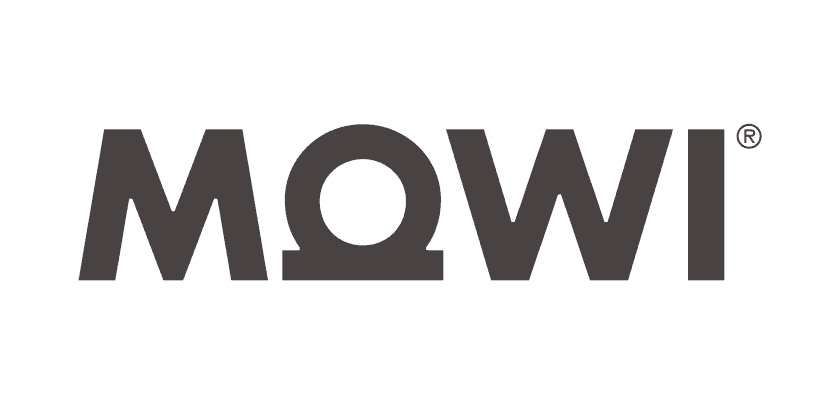
Mowi
See how Mowi uses SafetyCulture to streamline inspection results and charter new waters, delivering sustainable, high-quality salmon across the UK.

We use SafetyCulture for
Analytics
Inspections
Issues
As the world’s largest producer of sustainable, farm-raised seafood,Mowi operates in 25 countries and supplies nearly 20% of the global demand for quality seafood.
What sets Mowi apart is its integrated supply chain—from egg to fork—which allows for greater quality and customer transparency. However, managing the filleting, portioning, and packing of thousands of seafood products while delivering consistent quality to customers across the UK requires a rigorous focus.
That’s where SafetyCulture steps in. Learn more about how and why Mowi fell for SafetyCulture hook, line, and sinker.
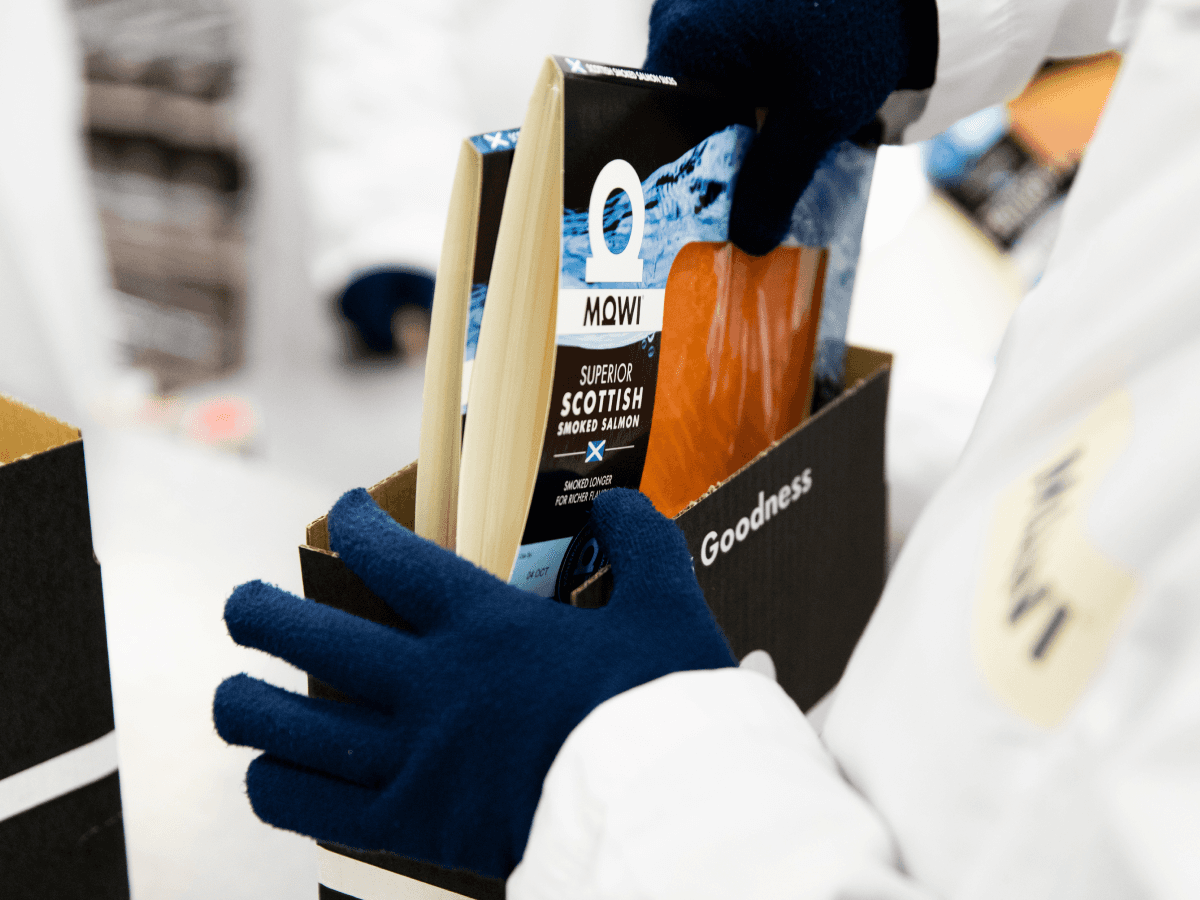
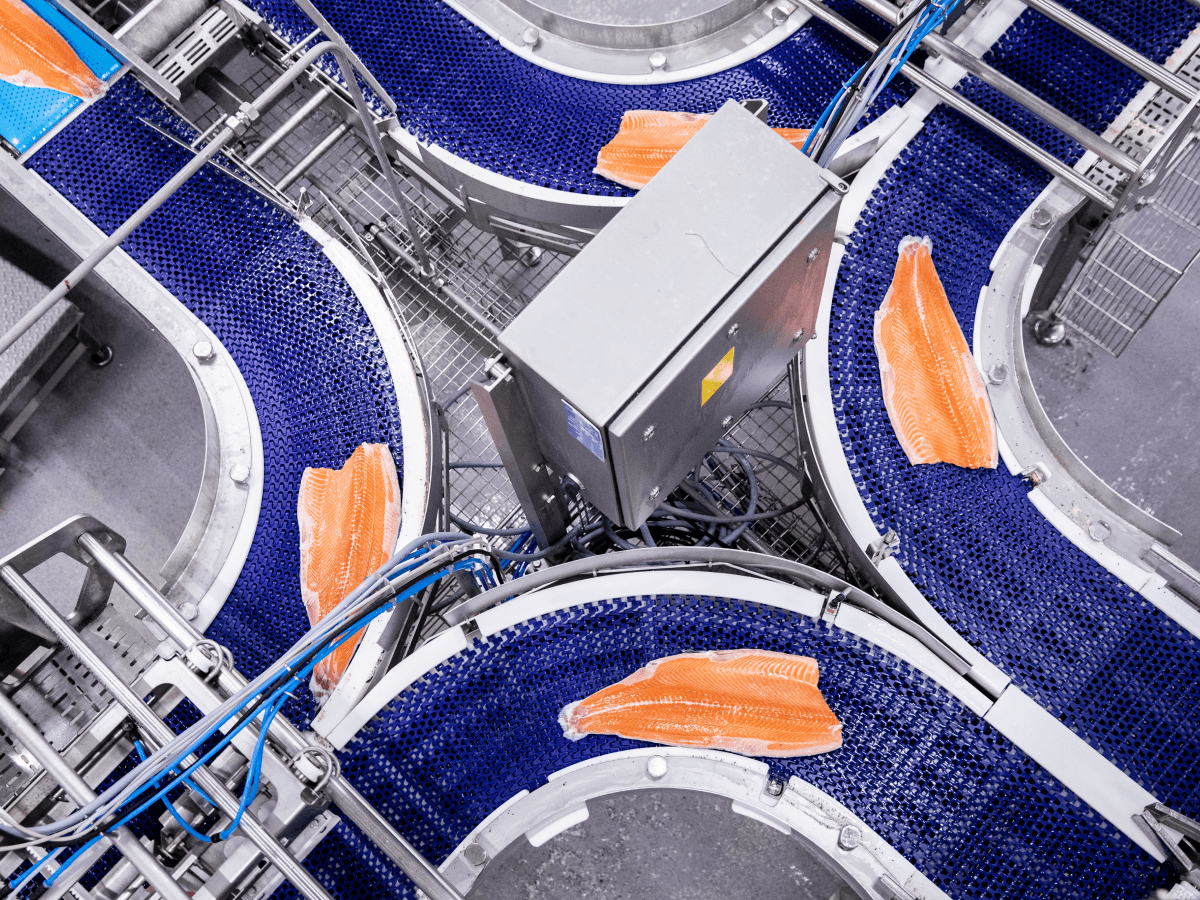
Swimming upstream with paper processes
Mowi’s journey with SafetyCulture began when Senior Quality Manager David Bett was searching for a tool to digitize their extensive paper records. SafetyCulture fit the bill perfectly, offering customizable templates, frontline-friendly functionality, and reliable customer support. Once the platform was introduced, the team quickly realized its potential went far beyond basic digitization.
Anna Giusti, a key member of Mowi’s data handlers team, began her career at Mowi as a Production Operator. In that role, she quickly recognized SafetyCulture’s capabilities, such as digitizing production, food safety, and quality records. Anna started using Templates to collect and store critical information about each salmon production run—like processing dates, “use by” days, batch numbers, and inspection results – to keep track of the top quality salmon on its way to customers.
“It started with a few ideas that soon turned into a sketch of a whole new template,” Anna recalls. After refining it, her coworkers saw how it could improve their daily tasks. With her manager’s support, the updated template was implemented across the production floor, and Anna’s initiative earned her a promotion to the Technical department.
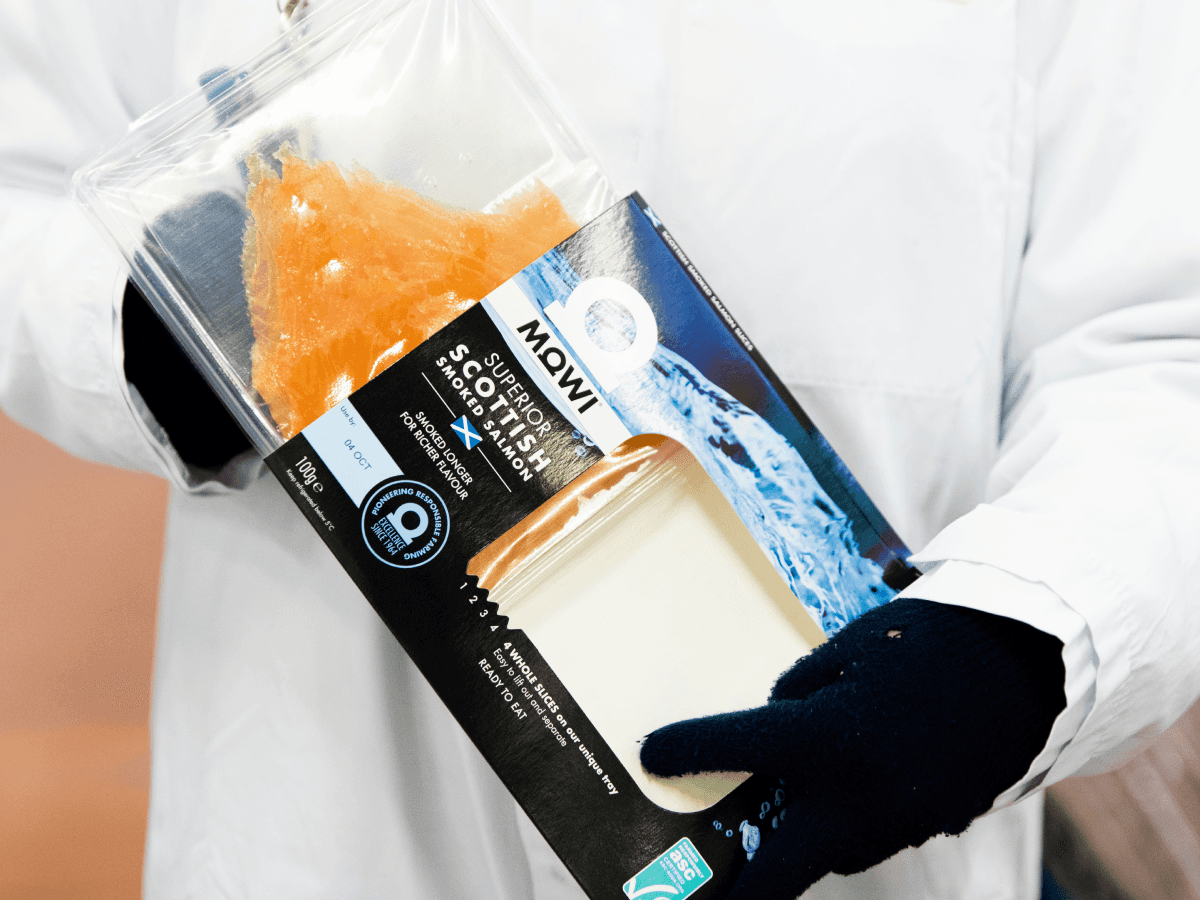
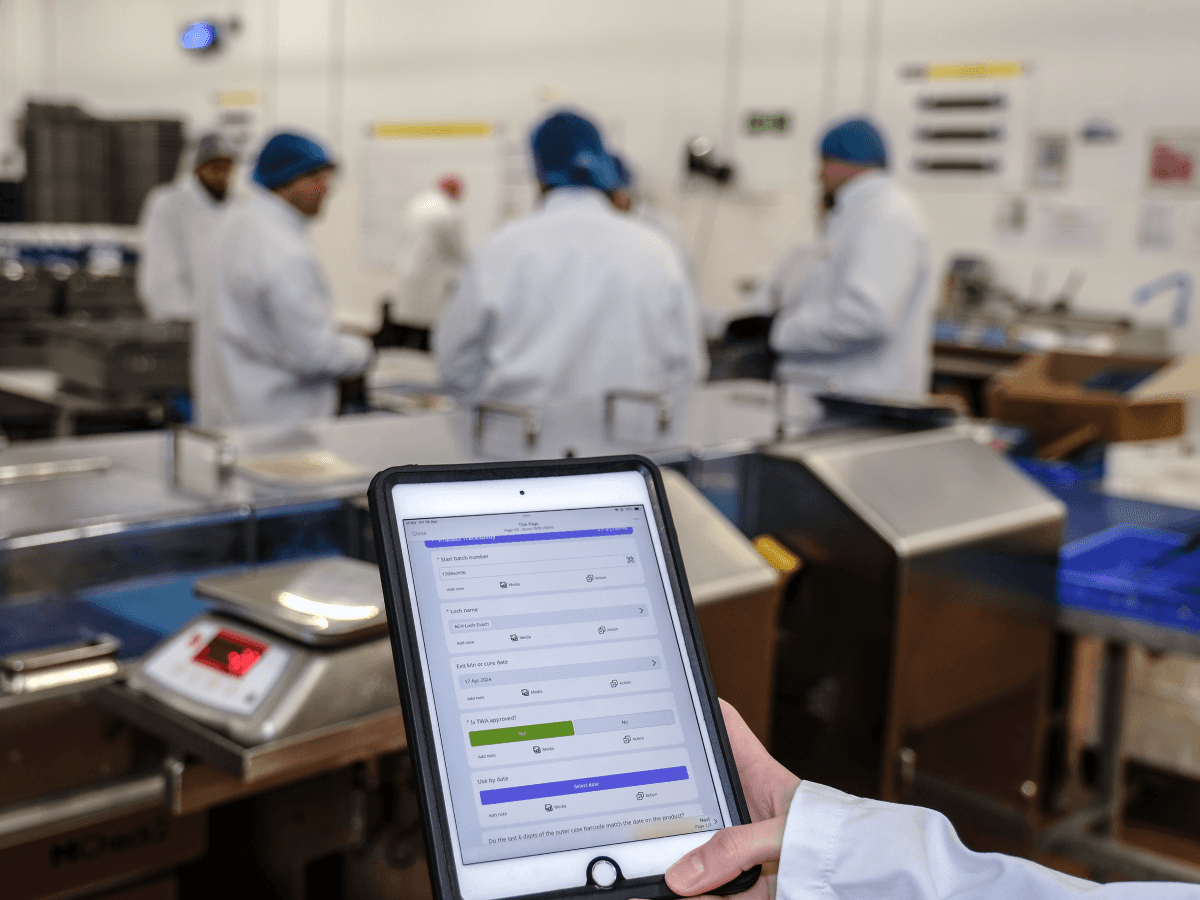
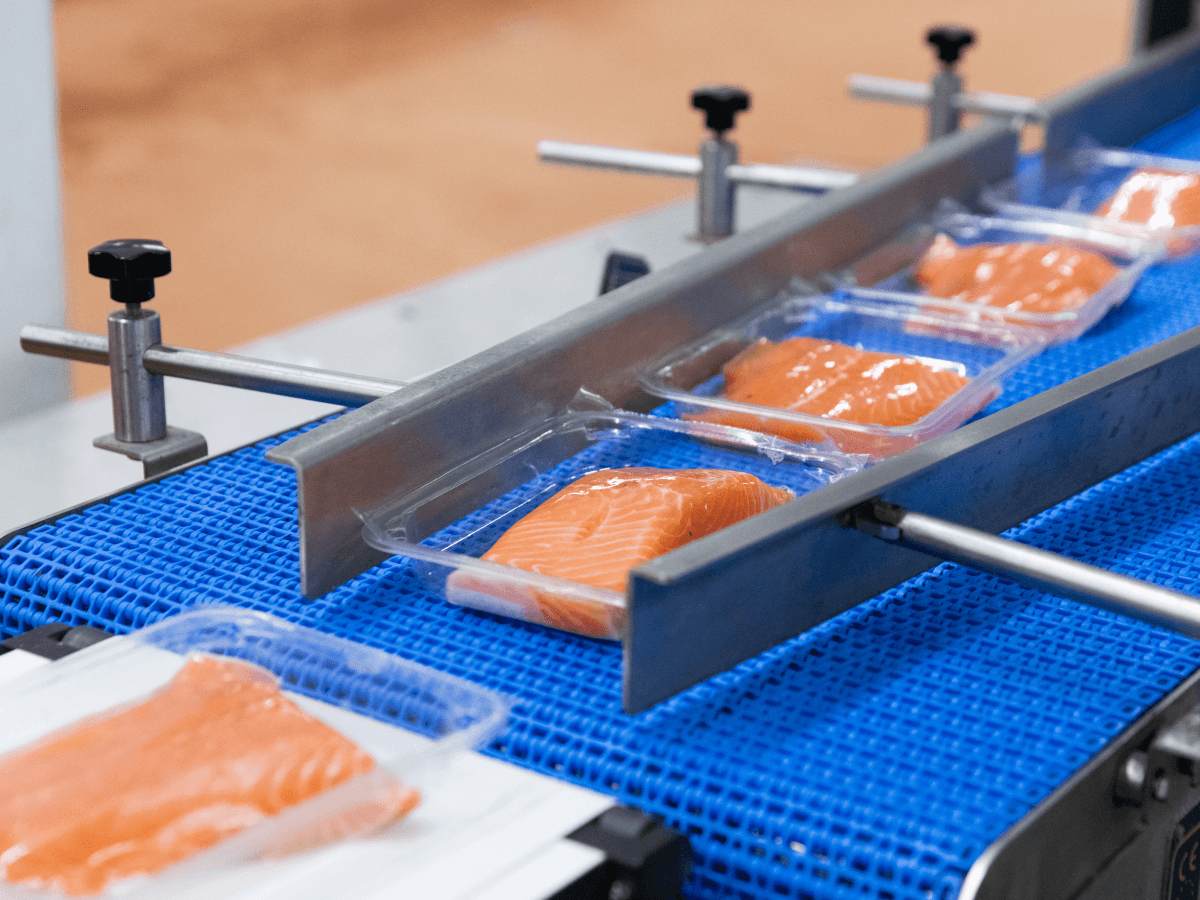
Smoother sailing with digitized paperwork and better processes
Food manufacturers must keep safety, legality, and quality records for prolonged periods of time to meet Brand Reputation Compliance Global Standards (BRCGS). To comply, Mowi was storing over30boxes of paper records monthly across two storage units—a costly and unsustainable solution as the company grew.
With Mowi’s scale, the reliance on paper was building up quickly and switching to a fully digital system would take years, if not months.
With a fully functioning template for their daily productions, it was time to start chipping away at the historical records. Anna started migrating their production, safety, and quality paper records to SafetyCulture templates. This one change was enough to make waves, helping Mowi reduce the mountains of paperwork in boxes and storage.
By digitizing records, Mowi has cut paper records by nearly 90% and counting . With real-time results on the SafetyCulture platform, they can make confident decisions every day.Mowi is also working to bring that number closer to 100%.
“SafetyCulture has been essential in cutting down on manual, labor-intensive storage and archiving,” says Anna. “We used to manually clear out storage units and dispose of older boxes. Now, we’re closer than ever to eliminating that task entirely. Three years later, we went from sending30boxes of paperwork each month to only8,” Anna says.
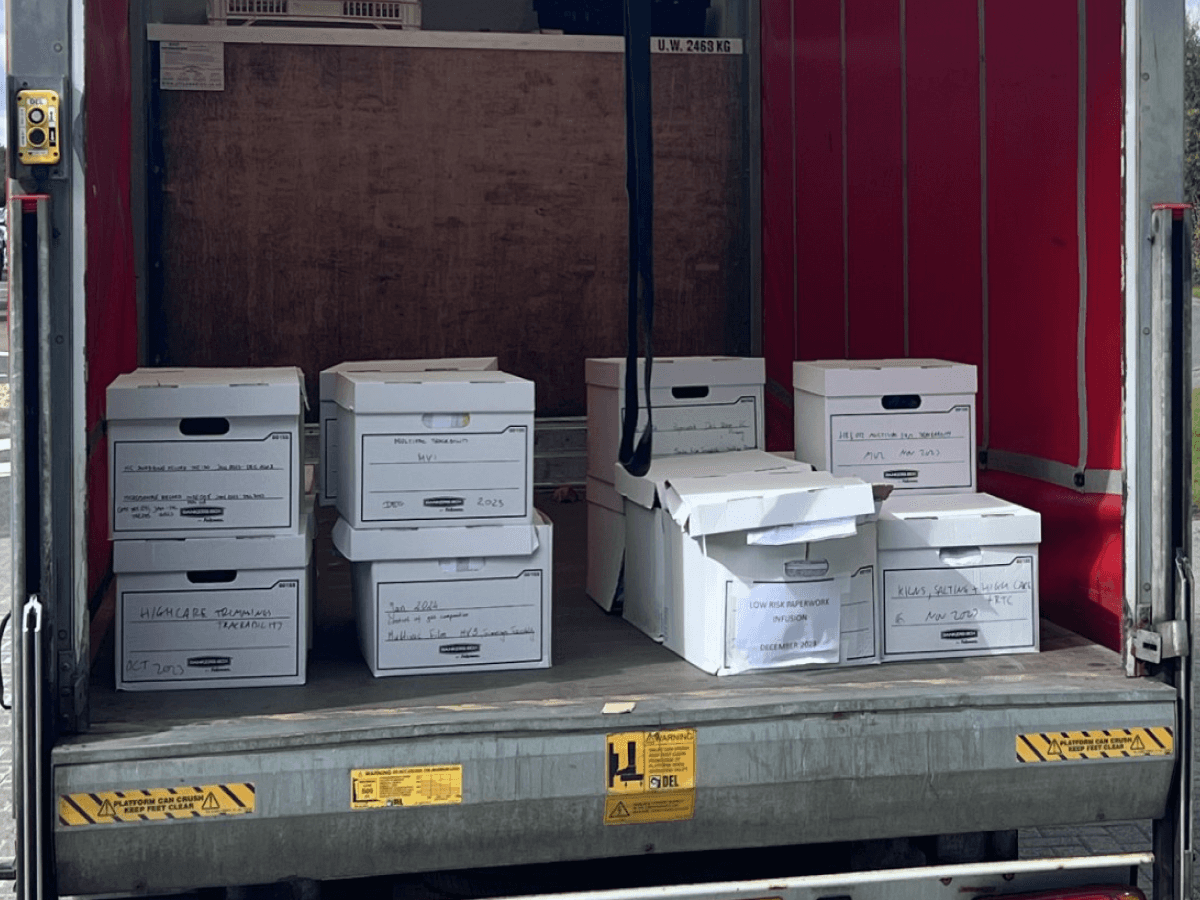
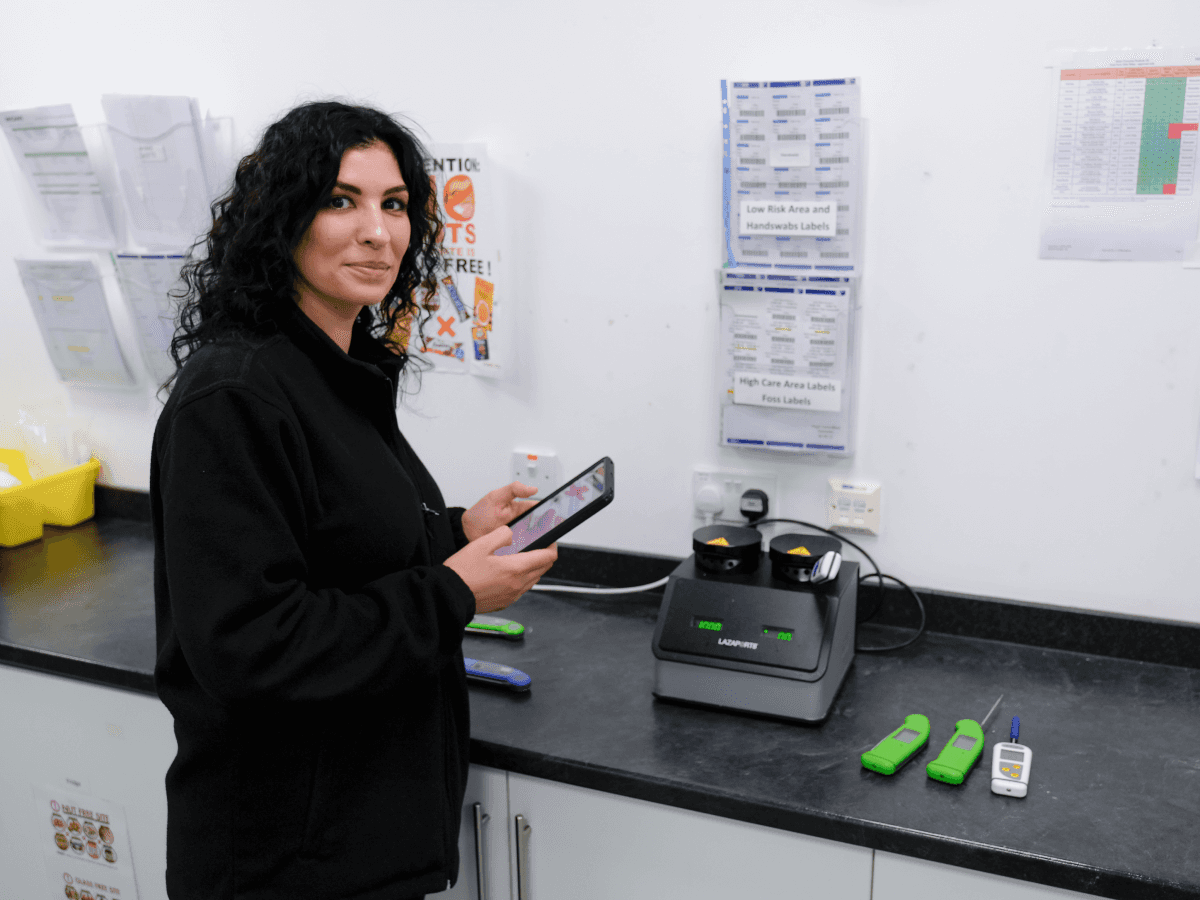
Charting new waters with digital tools
Improving audits and traceability exercises
The benefits of digitization don’t stop there. Food manufacturers need to provide documents on demand for investigations, customer requests, and internal or external audits, often triggering a traceability exercise.
Traceability ensures that companies can track raw materials and packaging across their supply chain, respond quickly to potential food safety incidents, and give consumers transparency about where the product came from. These exercises are usually time-bound, so they posed some challenges for the Mowi team, requiring more hands-on deck to complete them.
Now,these records are easily accessible in SafetyCulture, and audits or traceability exercises involve fewer people and less time. Team members can remotely retrieve any product inspections and related reports, saving time and reducing hassle.
As the business scales, so do their inspections. With faster processes and better visibility, they’ve more than doubled their inspections with ease. Previously, they conducted 3,000 paper-based inspections per month. With SafetyCulture, they can have over 50% more capacity to match the growth of the business. They can complete over 7,000 inspections a month while keeping to the excellent standards their customers expect—a feat that would have been nearly impossible with paper-based methods.
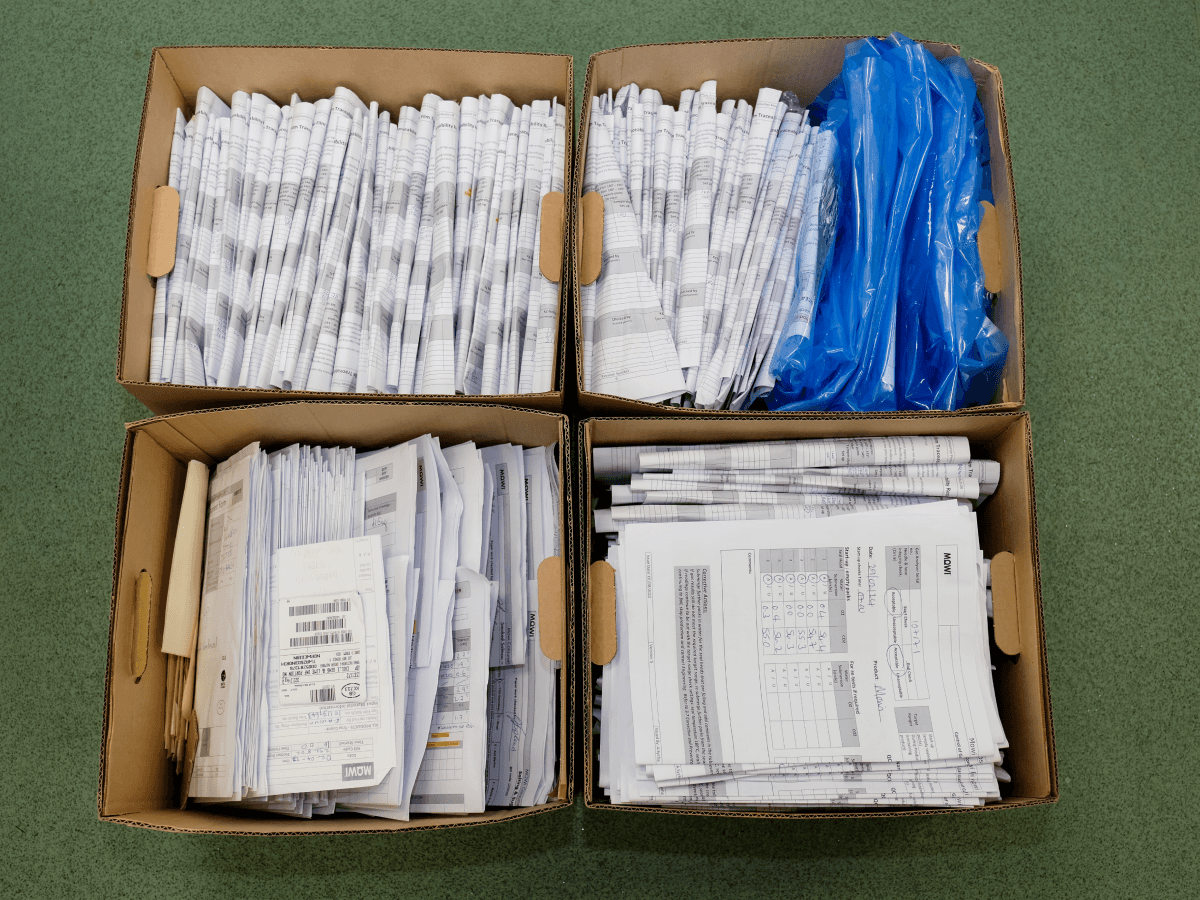

Creating reports and acting on data
Anna saw that Mowi could do more than justcollectdata from inspections — they could turn it into valuable insights. “Before SafetyCulture, data from our frontline employees just sat in boxes for auditing or traceability exercises,” she says.
Now, it’s more than that. Anna spotted the potential to use this valuable data and began using SafetyCulture’s Analytics and Reports to track trends and the Exporter tool to create Power BI dashboards. What began as a one-time experiment has become a daily practice, giving her a real-time, comprehensive view of Mowi’s food safety, quality, and legality performance.
“We can now track how our data shifts after we make changes,” Anna explains. This added visibility helps Mowi prioritize improvements and lets management make confident, data-driven decisions.
With SafetyCulture’s Analytics , finding specific responses within large sets of records is now much more straightforward.
“With SafetyCulture, ourspeed of response in auditshas steadily improved. Food auditors are consistently praising our organization, information, and quality,” Anna adds.
Raising health and safety issues
Mowi’s Health and Safety team also uses SafetyCulture Issues to quickly address safety concerns, like when an exposed wire poses an electrocution risk. They can easily scan a QR code to report issues, making it an essential part of their factory processes and promoting a culture of open communication and on-time resolution.The team sees Issues as an opportunity for growth and improvement rather than a sign of failure. As a result, employees feel safe to speak up about what they notice. “For us, it’s a proactive mindset.” Anna explains. “The QR codes and our improvement culture empowers employees to raise issues and gives them reassurance that these issues will be resolved in a timely manner.”
Increasing product visibility
According to Anna, SafetyCulture has also been invaluable for giving colleagues easy access to essential product information—a PDF version of product specifications (Anna calls this the “product bible”) to any related template.
This setup gives every frontline worker instant access to the latest, most important product details they need for production and inspections.
Taking Mowi and SafetyCulture to new depths
Looking to the future, Anna expects the rest of the Mowi will quickly take the SafetyCulture bait.
While she’s been using SafetyCulture with Mowi Consumer Products UK, interest is growing in other locations, including the United States and Italy. Her goal is to “help other organizations see how SafetyCulture can make a difference, as it did for hers.” We can get behind that!
Beyond that, Anna is casting a line for other ways to use SafetyCulture’s features, such as Actions,Training and Heads Up, to streamline mandatory safety training and keep frontline workers in the loop. These tools promise to make Mowi’s “fish to dish” journey even smoother.
More customer stories

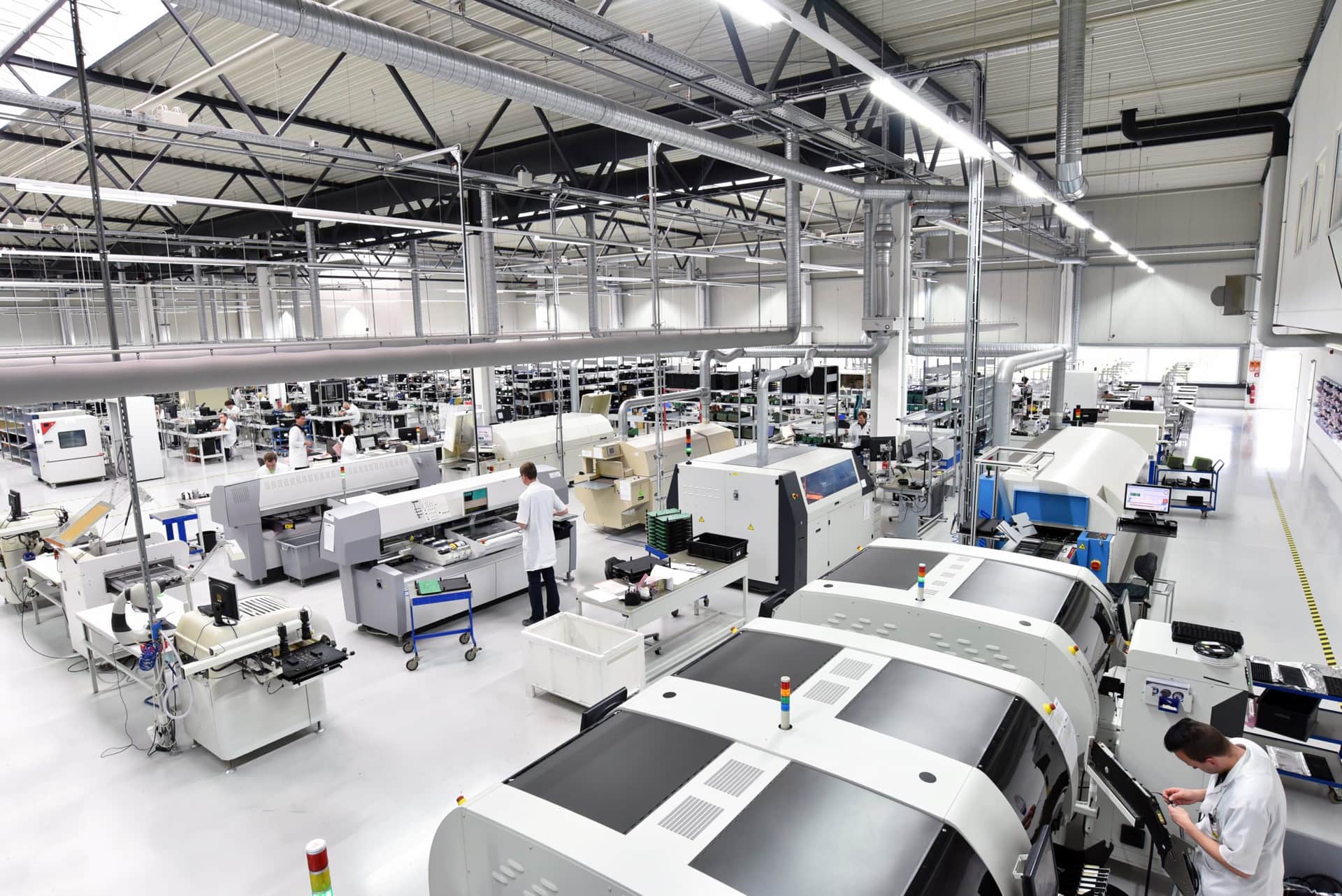
Plastivaloire Group
Find out how this global player in the plastics industry meets its customers’ quality standards and uses SafetyCulture to facilitate its audits and improve productivity.
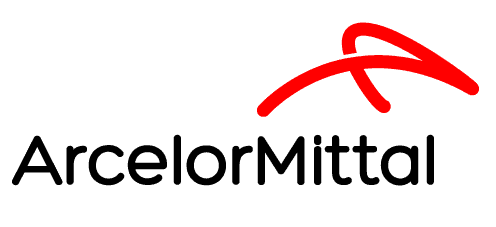
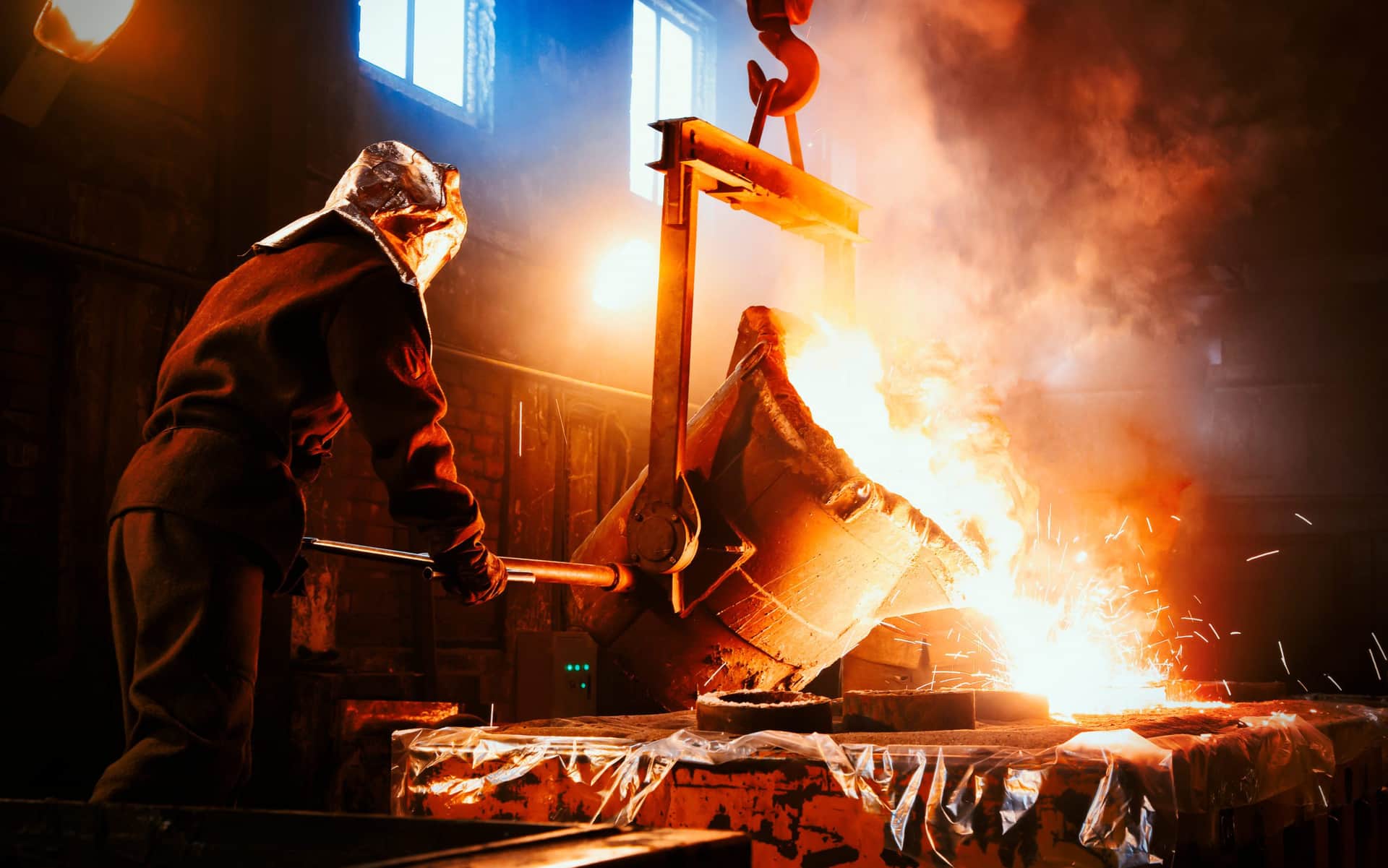
ArcelorMittal Construction
Find out how ArcelorMittal Construction, a subsidiary of ArcelorMittal, world leader in steel and mining, uses SafetyCulture to improve employee safety at 43 production sites in Europe.


Waldorf Astoria
This luxury hotel uses SafetyCulture to maintain high brand standards across the entire property.
Looking for more inspiration?
Explore more stories, expert guides, and thought leadership from SafetyCulture